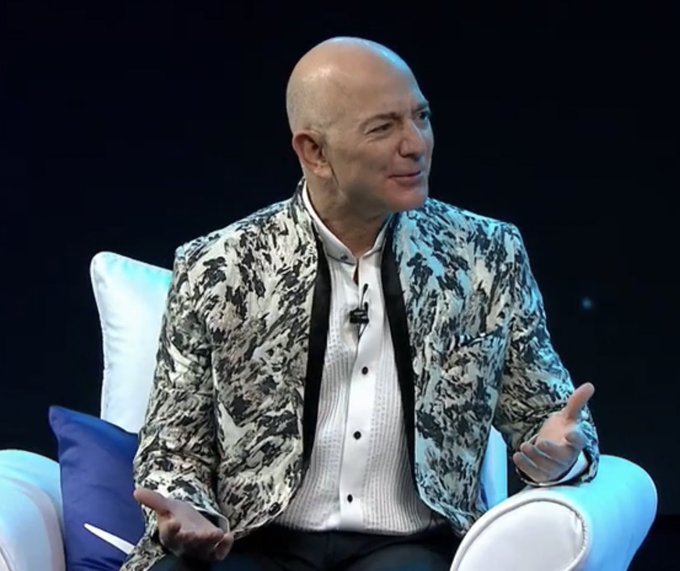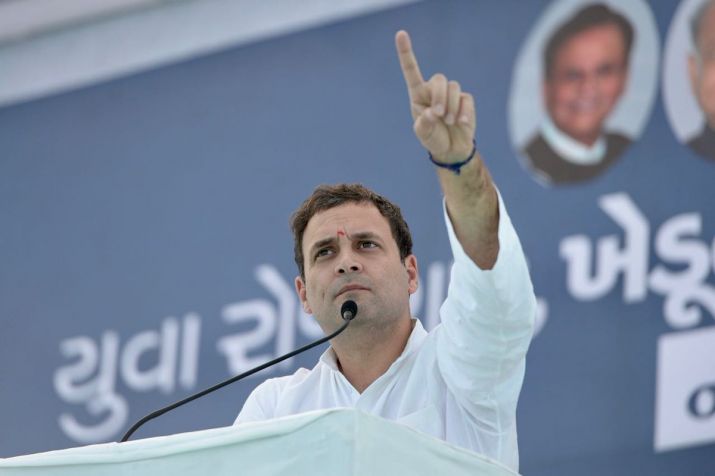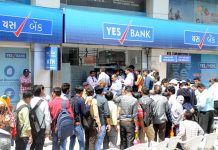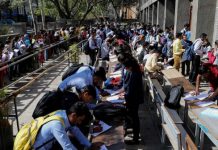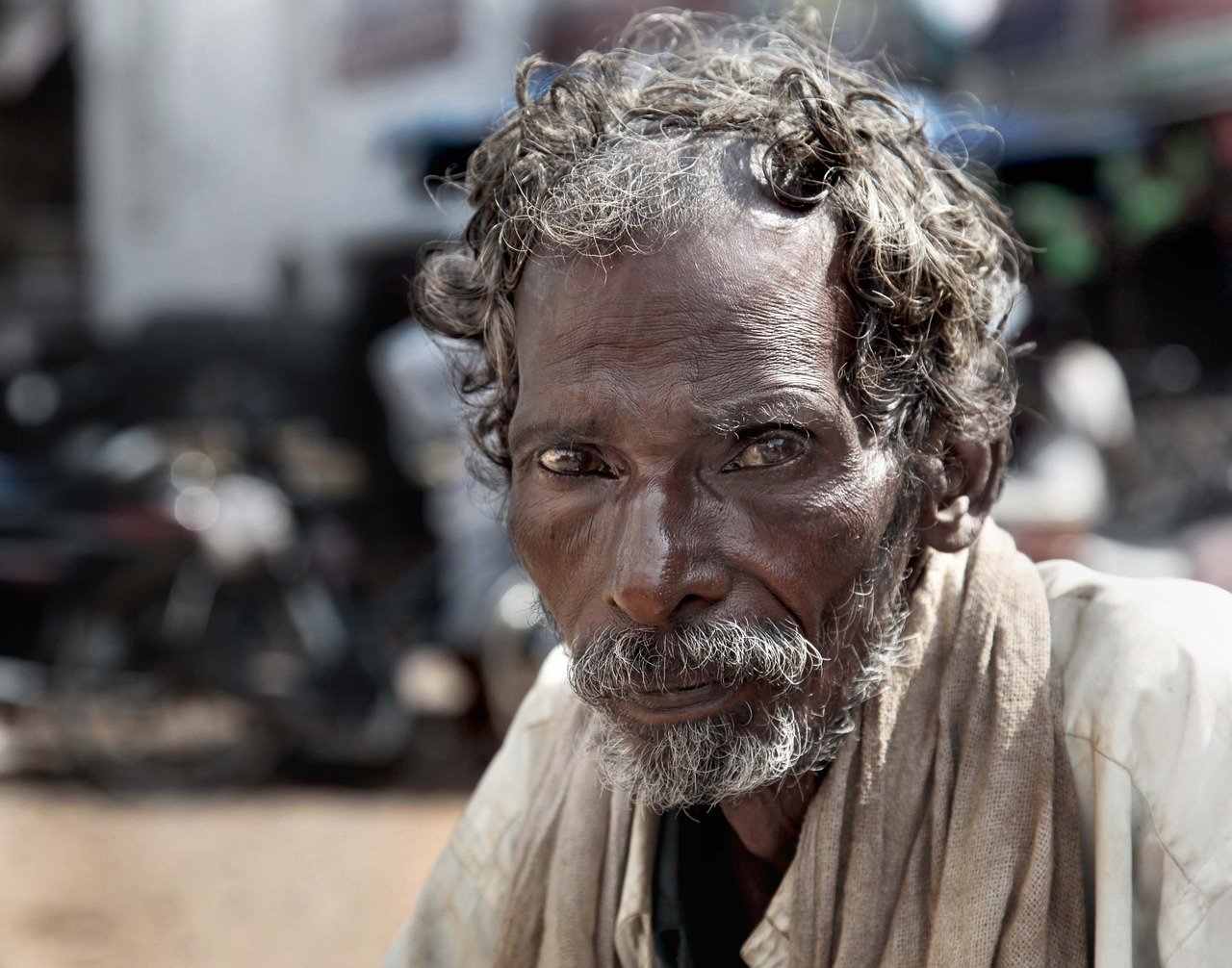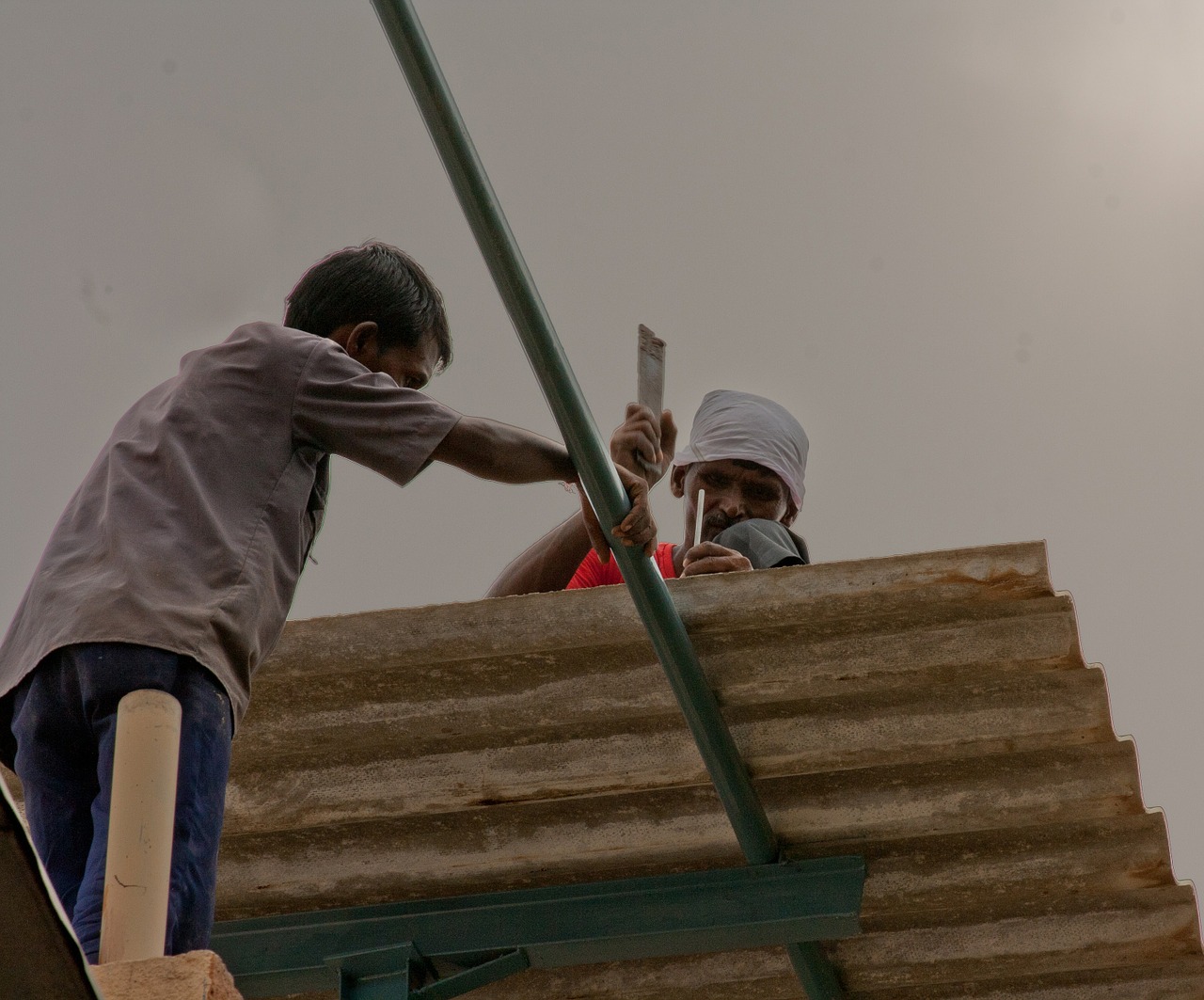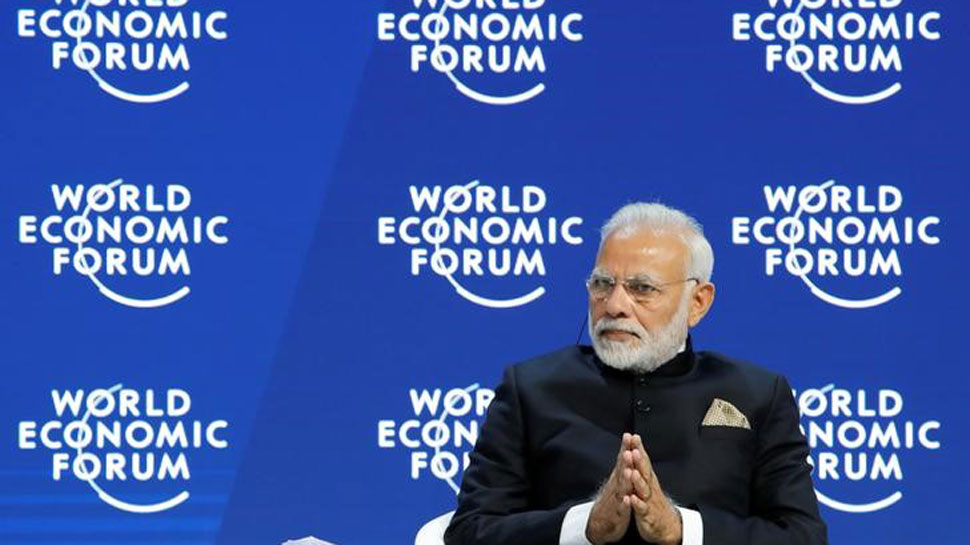Last week, E-commerce giant Amazon’s chief executive and world’s richest person Jeff Bezos concluded his three-day India visit. Jeff Bezos concluded the trip with a meeting with Indian industrialists including Reliance Industries chairman and richest Indian Mukesh Ambani. The meeting was held at a star hotel in South Mumbai this morning.
SBI chairman Rajnish Kumar, Godrej Group chairman Adi Godrej,Infosys co-founder NR Narayana Murthy, Kishore Biyani of Fture Group (where Amazon has an investment), Hindustan Unilever’s Sanjiv Mehta, Nestle India’s Suresh Narayanan and Proctor and Gamble India’s Madhusudhan Gopalan were also present along with Sunil Mittal of Bharti Airtel for the meeting.
The three day visit was kickstarted with Bezos visiting Rajghat in New Delhi on Tuesday, followed by a meet with small businesses on Wednesday and spending time with Bollywood celebrities on Thursday evening as part of the visit.
However the highlight and the most crucial part of the visit was his announcement of investments of USD 1 billion in the Indian Economy over the next few years with a promise of creation of 1 million new jobs in India by 2025.
The announcement was however met with a lot of mixed reactions. With Union Commerce Minister Piyush Goyal stoking a controversy by stating that the e-commerce giant which is being investigated for predatory pricing was not doing India “any favour” by the investment.
“They (Amazon) may have put in a billion dollars but if they make a loss of a billion dollars every year, then jolly well will have to finance that billion dollars. So, it is not as if they are doing a favour to India when they invest a billion dollars,” he said at the Raisina Dialogue in New Delhi.
Moreover, a traders’ body claiming to represent millions of brick-and-mortar store owners, also hit the streets against the ‘predatory’ policies of the e-commerce giant Amazon. Bezos had reportedly sought to meet the prime minister and key government officials but was denied an appointment as India’s antitrust regulators have opened an investigation into Amazon.
The Competition Commission of India (CCI) had said that exclusive arrangements between mobile phone brands and e-commerce platforms, as well as allegations of e-commerce companies giving preferential treatment to certain sellers “merits an investigation.”
The commerce ministry asked Amazon and Flipkart to furnish details including their shareholding, subsidiaries, business structure and information on their top sellers and their tax details, The Economic Times reported. Opponents of foreign based e-commerce giants say they are swallowing Indian market and finishing small traders by violating anti-hoarding rules and exploiting loopholes in FDI laws.
Secondly, several reports have concluded that perhaps Bezos has managed to put off the ruling party because of the harsh coverage of issues such as Citizenship Amendment Act, National Register of Citizens and the Jamia students’ movement by The Washington Post, which Bezos owns.
Although Bezos has not commented on the newspaper’s coverage of India and the Modi government, but when US president Donald Trump accused him of influencing the Post’s coverage, the paper categorically rejected suggestions that he has a hand in its decision-making.
Meanwhile, Goyal extended an olive branch by partially retracting his comments and stating that his statement was taken out of context. The minister has clarified that India welcomes all kinds of investments that follow the “letter and spirit” of the law. Goyal said that some people have misconstrued his remarks by suggesting that he had said something negative against Amazon. “I was only saying that investment should come as per the rules and regulation,” Goyal said.
Meanwhile, Bezos too has successfully avoided confrontations and controversy. He did not react to Goyal’s comments, and rather took the open letter route to defend his company against allegations of hawkish trade practices. In a letter addressed to “dear customers, sellers, and partners”, he highlighted how his company was dedicated to giving back to the Indian community.
“Amazon is invested in sustainable growth and is the first company to sign the Climate Pledge — with a commitment to meet the Paris Accord ten years early. In India, we’ve announced that we will eliminate single-use plastic from our fulfillment network by June 2020, and we are adding 10,000 electric rickshaws to our delivery fleet. I fall more in love with India every time I return here. The boundless energy, innovation, and grit of the Indian people always inspire me. I’m excited to share that we will invest an incremental US$1 billion to digitize micro and small businesses in cities, towns, and villages across India, helping them reach more customers than ever before,” Bezos wrote in a letter posted on Amazon India’s home page.
However, merely five years ago, and under the same political dispensation, this was not the case.
In 2016, while the Amazon investment in India climbed to $5 billion, Modi presented Bezos with US-India Business Council (USIBC) Global Leadership Award. Bezos had met Modi again in 2017 when the prime minister was on a three-day tour to the US and held a roundtable with top US CEOs.
But things started to change for Bezos in Modi’s second term, even as Amazon remains number two in the Indian market, even if behind by a razor thin margin — the company had 31.9 percent of India’s market share, versus Amazon’s with 31.2 percent, according to data cited by S&P Global Market Intelligence.

